The only thing constant is change. This is a reality that is not alien to the real estate sector, which has successfully faced different crises to consolidate itself as one of the most solid industries in the economy. The key? Real estate marketing. Learn how a real estate agent creates marketing strategies in digital environments to attract buyers even in uncertain times.
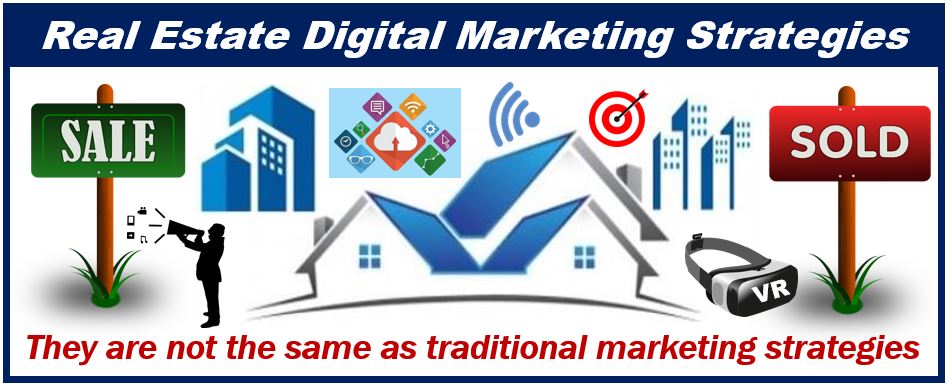
Based on Capital Smart City report “Trends and perspectives of the real estate sector,” the construction sector has been the most dynamic in the economy, with constant growth reflected in a compound annual growth rate (CAGR) of 7.39% in the last ten years.
Despite this, the real estate industry is not immune to change.
Both the global collapse of the housing bubble, which led to the financial crisis of 2008, and the spread from China of the COVID-19 coronavirus, which generated a global pandemic and destabilized the economy in 2020, represent a complex panorama with effects, among others, in:
- The stock markets.
- Consumer trends.
- The stability of jobs.
- The dynamics of real estate trade.
How can construction companies, real estate agencies, housing projects, investors, and real estate advisers face this new crisis, identify opportunities, and boost the growth of the sector?
Currently, your potential clients search for their next home from from their living rooms. They use their cell phones to find real estate offers, request recommendations from their acquaintances on social networks, and analyze and compare all the options that the Internet offers them.
According to Earnest Estate Agents, investing in digital marketing has grown their businesses to 3x its size in under 5 years. So, now, if you are looking to sell more properties, it is essential to use digital marketing strategies that work in this new technological era. Find out what digital real estate marketing is and why you need it.
Times have changed – so has marketing
As technology advances, buyer behavior has been transformed. For business, what used to work not that many years ago, today is virtually obsolete.
Years ago, traditional marketing (magazines, newspapers, brochures) was used to bombard buyers with offers for products or services that they were not usually interested in or did not need at the time.
Today’s potential customer uses the Internet to carry out research before making any purchases. Adapting to these new habits, needs, and changes in the way people acquire goods will determine whether a business survives in today’s fiercely competitive marketplace.
Purchasing a house, or successfully selling it, as far as the real estate agent is concerned, requires considerable effort and time. If realtors know what they are doing, and do it properly, they are much more likely to close a sale. They need to understand that the skills and strategies required today are quite different from those their counterparts used two or three decades ago. Another question is how to attract more customers using marketing strategies.
Long ago, to sell a house we had to publish advertisements in print media, get contacts at fairs, send mass mails, or simply wait for an interesting prospect to appear. A prospect is a consumer who we believe could turn into a paying customer.
Online real estate marketing as an opportunity to generate value
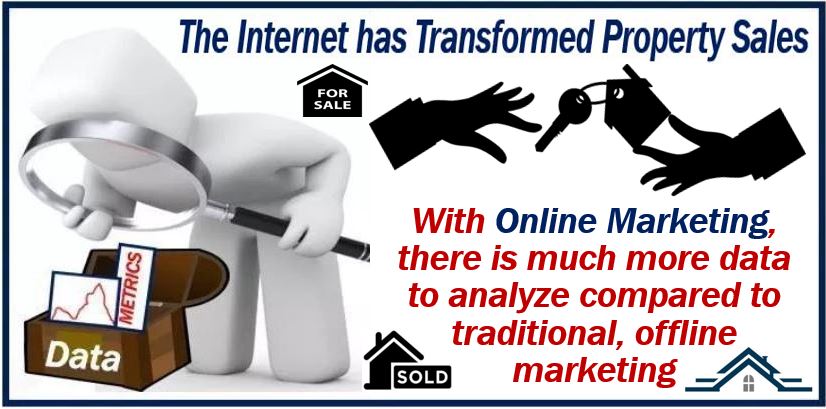
Each crisis also represents new opportunities. According to Blue World City, real estate transactions can be affected by measures such as mandatory isolation, but this does not mean that business cannot be done.
Although people cannot go out or visit properties or sales rooms, there is the opportunity to direct these actions to the digital ecosystem, creating or strengthening real estate technological products that allow:
- Quote online.
- Offer virtual tours.
- See panoramic photos.
- Enjoy 360º views.
- Schedule a tailored advice.
- Customize your home search.
- Watch guided videos with a real estate consultant.
- Sign digitally and streamline legal processes online.
- Offer virtual reality and augmented reality experiences (trending).
At times like this, it is more than opportune to focus on creating value for users. In this way, when uncertainty decreases and demand increases, consumers will consider companies positioned as technology and digital brands capable of not only understanding what their needs are, but aso of satisfying them.
Use digital marketing to dominate the real estate industry
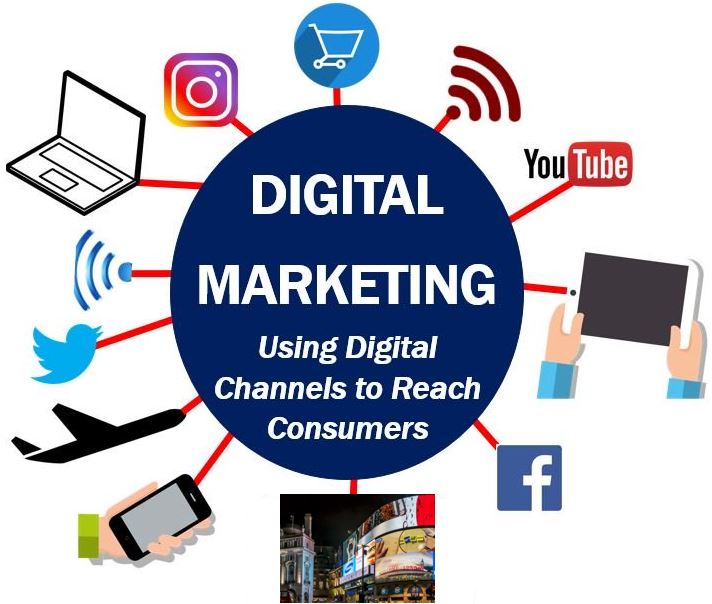
NOBODY does business with people or companies they don’t know and don’t trust.
With this in mind, you should forget about the static website that does not generate sales – the traditional institutional video with ten views and the contact us section that nobody visits to really accelerate the real estate activities of your company.
With an online marketing strategy based on the Inbound Marketing methodology, you can take advantage of the Internet to attract potential buyers, convert them into prospects, close real estate deals, and build customer loyalty.
Digital real estate marketing and new technologies
If your clients are on the Internet, then should not you use this tool to attract them and sell more properties?
Digital real estate marketing comprises a set of actions focused on attracting, converting, and retaining the potential clients of your development, through different tactics.
Of course, first, you must find out the characteristics of your ideal client or buyer person, how and where to look for information to define the strategy, actions and channels that you are going to use.
For example, if the property you are going to sell is located in a condominium, your buyer could be a married person with no children, but, if it is a corporate office building, then your client could be a manager established in the area. . Both with different challenges, habits and needs that it is essential to know.
How to do digital real estate marketing?
With digital real estate marketing, it is possible to attract qualified prospects and improve the positioning of your development online.
However, first you must gain authority and build trust in potential clients. Something that is not easily achieved.
To do this, it is necessary to implement some practices that will help you capture the attention of the people who really interest you and increase the sales opportunities in your real estate:
1. Increase your presence on digital channels
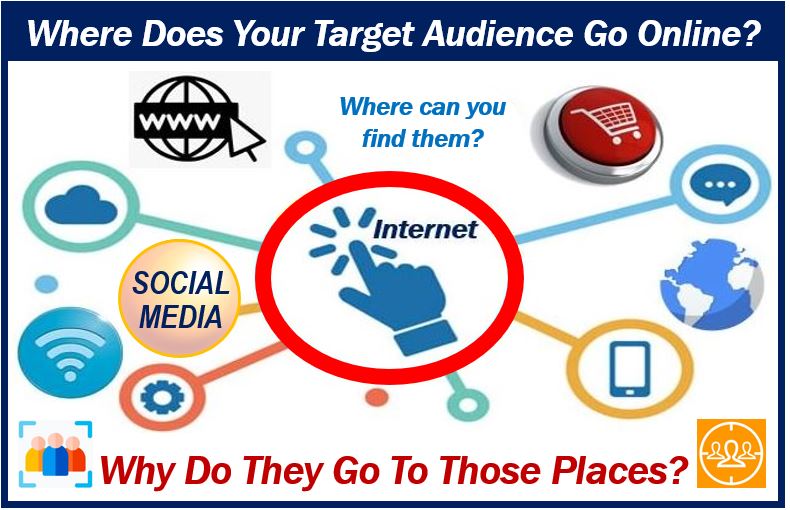
We must be where our clients are. It is not about creating accounts on every social network or platform and waiting for the phone to ring. The key is to find out in which channels your buyer persona interacts the most and use them in your digital real estate marketing strategy.
Fundamentally, you must create a web page that is optimized according to SEO criteria and that, in addition, facilitates rapid navigation for users, provides them with useful and orderly information.
2. Increase the number of visitors to the website
Once your website is designed to be functional and aesthetically appealing, the first big step in your digital real estate marketing strategy is to attract strangers to become visitors.
Using a blog to offer relevant and useful content to users is an effective and profitable tactic, as these digital assets last over time. That is, you can update them, add more information, but an article you wrote a year ago can continue to generate visits today.
Something essential to consider is that you try not to talk about the great advantages of your development, but about the needs and interests of your buyer persona. And likewise, use keywords and SEO tactics to rank in search engines.
3. Conversion of visitors to leads
The inbound real estate marketing gives you a strong generation of constant prospects, if effective. To convert those visits into leads, we will barter. Offer the user something valuable enough to provide us with their data and provide personalized follow-up.
A step-by-step guide to selecting a mortgage loan, an infographic with decoration tips, are examples of content that could be of value to a prospect.
Using landing pages, forms, and calls to action, you can get it to register and later move it to your sales pipeline.
4. Close more sales
This is the tricky part, for many companies. The real estate sector, in addition to changing, has long and complex sales processes, but not impossible either. Through a strategy of a solid strategy, it is possible to integrate the automation of the different points of contact with the customer, to make this stage more efficient. But you still have to prepare them for your final decision.
Use segmentation and automation to send personalized information to the prospect, at every moment of their purchase decision process, via email. Lean on a CRM to follow up on each prospect and make the sale.
5. Lead scoring
You can have many visitors, but few conversions that translate into customers. How to make the selection of these contacts more effective? The lead scoring tactic refers to qualifying prospects according to our buyer persona criteria.
In this way, your real estate agents will not waste time on people who do not meet the ideal buyer profile. The idea is that marketing and sales define who are MQL’s or qualified marketing prospects and pass them to the commercial area to close the sale.
6. Nutrition
Now there will be qualified prospects who are not ready to buy, what do we do with them? Insert them in a nutrition process, to continue educating them with useful information and to gain their confidence until they say yes.
Email marketing encompasses multiple activities to provide valuable information to potential customers and attract more qualified prospects. But, from an inbound approach, it is possible to integrate all these
Benefits of inbound real estate marketing
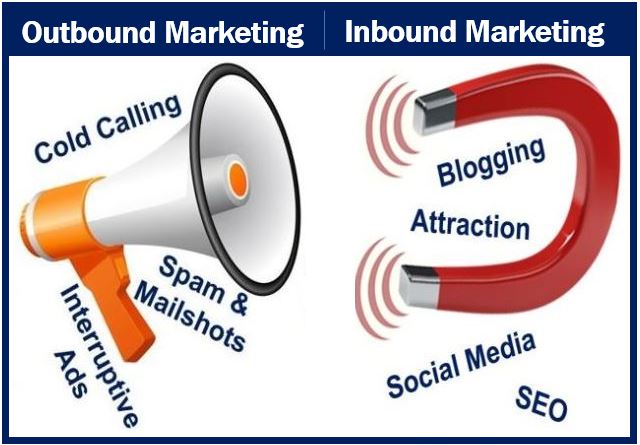
Real estate marketing from an inbound approach is focused on attracting more potential customers less invasively strategy. Instead of bombarding them with annoying advertising, we help and accompany them throughout their buying cycle.
The advantages of implementing it in your development are:
The customer at the center of the strategy: Since the buyer is better informed, he knows what he wants and where to find it; our job is to find out and offer it to you through the channels you prefer and at the right time.
Know the ROI of the actions: Digital strategies allow us to calculate the profitability of marketing and sales to measure the ROI of each action we implement. Top real estate companies such as Conerney have a very effective digital marketing strategy that is sustainable and provides a good ROI.
Measure the effectiveness of processes: Using indicators to evaluate the performance of the processes we carry out will give us an overview of what is working or not. In digital marketing, all actions can be measured.
Improve prospecting: Based on a deep knowledge of the buyer persona, the market, and the current situation of your development, it is possible to improve and increase the attraction and prospecting of customers.
Close more sales: Eventually, all these digital tactics backed by a comprehensive strategy such as inbound will help you increase sales in your real estate.
There are many benefits of the inbound methodology, but it is mainly focused on the value proposition, which will help you differentiate yourself from the competition.
Implementing inbound real estate marketing will help you improve your business strategy without the need to sell in an invasive way, streamline the tasks of your work teams, give you more prospects and give you visibility in the online world. You want to know more, visit SkyMarketing Islamabad. You can find every bit of information related to real estate marketing.
Do you want to go deeper? Perfect. These are some tactics that you can develop depending on the profile of your ideal client, your commercial interests, your budget among other variables:
Real Estate SEO
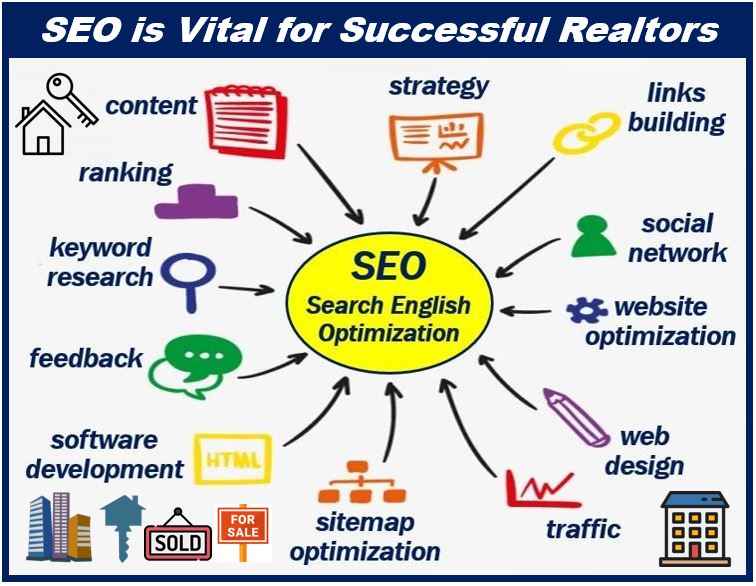
Many of the visitors to this blogpost arrive or will arrive after using the term “real estate marketing” in the Google search engine, as we know that there are a certain number of monthly searches under this keyword.
In fact, if the query has different words, but the search intention is aligned with the content we offer, we can also appear among the results.
This is what SEO, or “Search Engine Optimization” is about, and although it is something much more complex, it seeks to give visibility to your business through:
An SEO audit
- Keyword Research or Keyword Research.
- A game plan based on a content strategy.
- The Link building or inbound link strategy.
Look at an example of how we create valuable content to give visibility to one of our clients on Google:
- Real estate SEO
- SEO for real estate companies
- Marketing automation: automating real estate marketing
Marketing automation, based on customer relationship management (CRM) software, facilitates the knowledge of users or visitors taking into account their actions at each point of contact.
The ultimate goal is to generate sales, so segmentation is key to identifying qualified leads, those people who are really interested in taking the next step.
Segmentation is key in real estate marketing just as automation is vital in digital marketing.
How does it work?
A user who has only subscribed to your blog is different than one who, in addition, has opened all your emails, has downloaded an ebook on – let’s say – “The news of the real estate sector in Colombia” and a PDF of a housing project specific.
Marketing automation allows you to identify which users in your database are no longer “cold leads” and have become qualified leads.
Thus, they can be managed with specific, pertinent and timely actions according to the journey they have made in what we call the “buyer journey” or the user’s journey.
Email marketing in the automation process
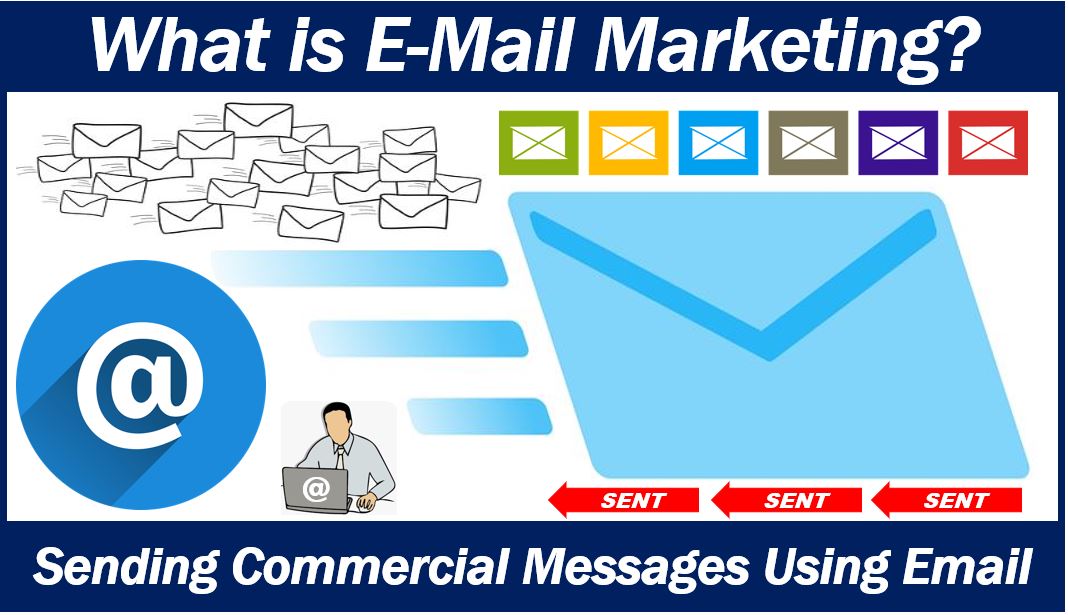
Marketing automation uses different tools and tactics, one of which is email marketing. This makes sense and multiplies its results when it is automated within a lead nurturing and lead scoring process; that is, the one that allows users to be nurtured with valuable content and qualifies them according to their actions.
Content marketing: key in the home buying process
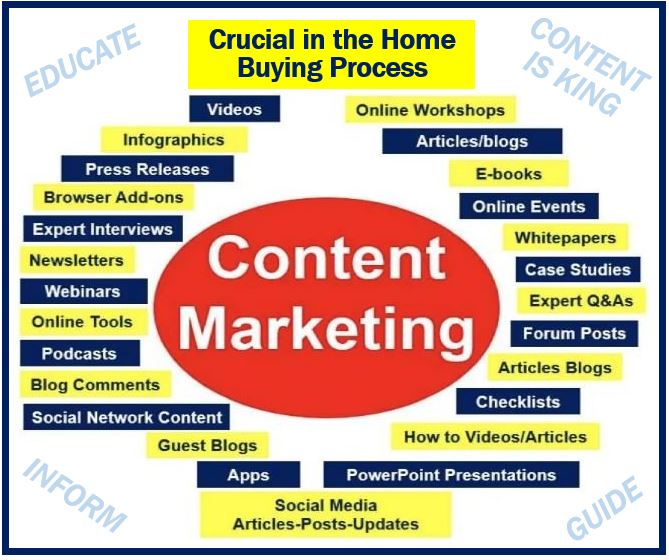
In a home buying or real estate investment process, users require much more information to be able to decide.
Buying an appliance is not the same as investing in an apartment. Therein lies the importance of content marketing and how useful content is delivered to users.
Through content creation, it is possible to educate, inform and guide, as well as advise, persuade, and sell, all throughout the different stages of the research and purchase process.
Learn more about content strategies and why they are important to attract your future customers
The right content at the right time
Real estate companies must create content for each stage of the user journey, from discovery to close of business.
In addition to those mentioned, there are other important elements or tactics that are used in a holistic digital marketing strategy, such as the digital guideline, calls to action, landing pages or analytics.
At a time when real estate companies face the challenge of remaining visible and relevant, there is also the potential for transformation and the opportunity to become technology, digital and consumer-focused companies to boost the reactivation of the sector.
Video – What is digital marketing?
Interesting related article: “What is digital marketing?”

